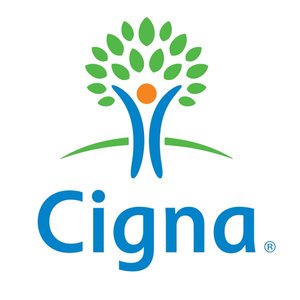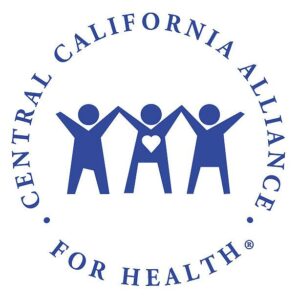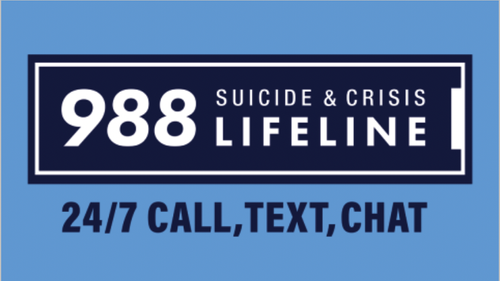As the sun sets over the picturesque California coastline, casting a warm glow on surfboards and sandy shores, not all is as serene as it seems.
Behind the vibrant façade of beach parties and laid-back lifestyles lurks a darker reality that many teenagers grapple with: depression.
With mental health concerns on the rise among adolescents, understanding the telltale signs of teenage depression has never been more critical for parents, educators, and peers alike.
In a state known for its innovation and progressive attitudes toward well-being, countless young individuals still find themselves navigating an emotional landscape fraught with anxiety, isolation, and despair.
In this article, we will delve into the subtle yet significant indicators that may reveal when a teenager in California is struggling silently beneath their sunny exterior.
From shifts in social behavior to changes in academic performance, recognizing these signs can be vital in fostering open conversations about mental health.
By shedding light on this pressing issue affecting our youth today, we aim to empower communities to take action—creating supportive environments where every teenager feels seen and heard amidst life’s inevitable waves.
1. Emotional Symptoms to Watch For
Mood swings and persistent sadness are often among the most telling emotional symptoms when identifying signs of teenage depression.
For many adolescents, these fluctuations can feel like an uncontrollable tide; one moment, they may be exuberant, and the next, they’re engulfed in a fog of hopelessness.
Persistent sadness in teenagers might manifest as a withdrawal from activities they once enjoyed or disinterest in socializing with friends.
This disengagement can be easy to overlook amidst the hustle and bustle of everyday life.
However, it’s essential to recognize this as a serious red flag—when joy seems perpetually out of reach for a young person who was once vibrant and lively.
The combination of mood swings alongside prolonged bouts of sadness can create an emotional rollercoaster that not only affects the individual but also threatens their relationships with family and friends.
By fostering open communication and encouraging discussions about mental health, we can help break down stigmas surrounding emotional struggles while also equipping teens with coping strategies to navigate their turbulent feelings more effectively.
2. Physical Changes in Behavior
A teenager who previously thrived on afternoon hangouts with friends might suddenly feel a compelling need to retreat early to bed, plagued by insomnia or relentless fatigue.
This shift not only disrupts their social connections but also heightens feelings of isolation, creating a vicious cycle where increased solitude feeds into depressive thoughts.
Conversely, some teens may experience a marked increase in appetite or erratic eating habits, seeking comfort in food while struggling with underlying emotional turmoil.
Moreover, these alterations can extend beyond mere habits; they can transform into battlegrounds for self-image issues stemming from depression.
Sleep disturbances may cause cognitive fog during the day—diminishing concentration and academic performance—while changes in eating behavior can lead to physical health concerns like weight gain or loss.
As parents or guardians observe these signs of teenage depression, it becomes imperative to engage in open conversations about emotional well-being rather than merely attempting to rectify the symptoms themselves.
Addressing the root causes encourages young people to find healthier outlets for their struggles while reinforcing that they are not alone on this journey toward healing.
3. Academic Performance Decline
A noticeable drop in grades and school engagement can often serve as early warning signs of teenage depression, masking deeper emotional struggles beneath a façade of rebellion or disinterest.
When students who once flourished academically suddenly become disengaged, it is crucial to recognize that this shift may stem from profound internal battles, including feelings of worthlessness or excessive stress.
Additionally, the impact of social media must be noticed in this context.
The pressure to curate an idealized online persona can intensify feelings of isolation and inadequacy among teenagers, prompting them to withdraw socially and academically.
This withdrawal can manifest as decreased participation in class discussions or a reluctance to engage with peers—further perpetuating the cycle of loneliness that defines many adolescents facing depression.
Recognizing these patterns is vital; fostering open conversations around mental well-being normalizes these experiences and helps create supportive environments where students feel valued beyond their academic achievements.
4. Social Withdrawal and Isolation
Social withdrawal and isolation often manifest as a quiet erosion of friendships, particularly among teenagers grappling with signs of depression.
This loss of interest can be subtle initially; perhaps it’s a missed text message or an unanswered invitation to hang out.
Over time, these seemingly small decisions can snowball into significant estrangement from once-close friends.
It’s not uncommon for those in distress to rationalize their withdrawal, believing that solitude is safer or more comfortable than social interactions that may feel overwhelming.
Yet, the impact of this isolation runs much deeper than simply losing touch with peers.
It’s important to consider how reduced social engagement deprives teens of essential emotional support and shared experiences that foster resilience and joy.
Engaging with friends can serve as a lifeline in the tumultuous landscape of adolescence, providing opportunities for connection and understanding that are vital during challenging times.
By recognizing the signs early on—such as changes in communication patterns or a marked disinterest in previously enjoyed activities—friends and family members can play a crucial role in reestablishing connections, reminding teens that they are not alone even amidst their struggles with depression.
Recognizing and Addressing Teenage Depression
Recognizing the telltale signs of teenage depression is crucial for fostering a supportive environment for young people in California.
Symptoms such as persistent sadness, withdrawal from social activities, and changes in academic performance can indicate deeper issues that deserve attention.
Parents, educators, and peers must be aware of these warning signs to provide timely help and resources.
By promoting open conversations about mental health and seeking professional assistance when needed, we can create a culture that prioritizes emotional well-being.
Let us work together to ensure every teenager receives the support they need to thrive.





























